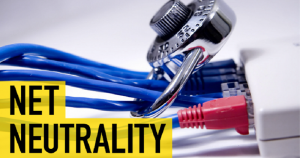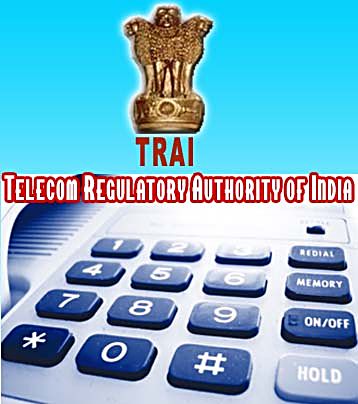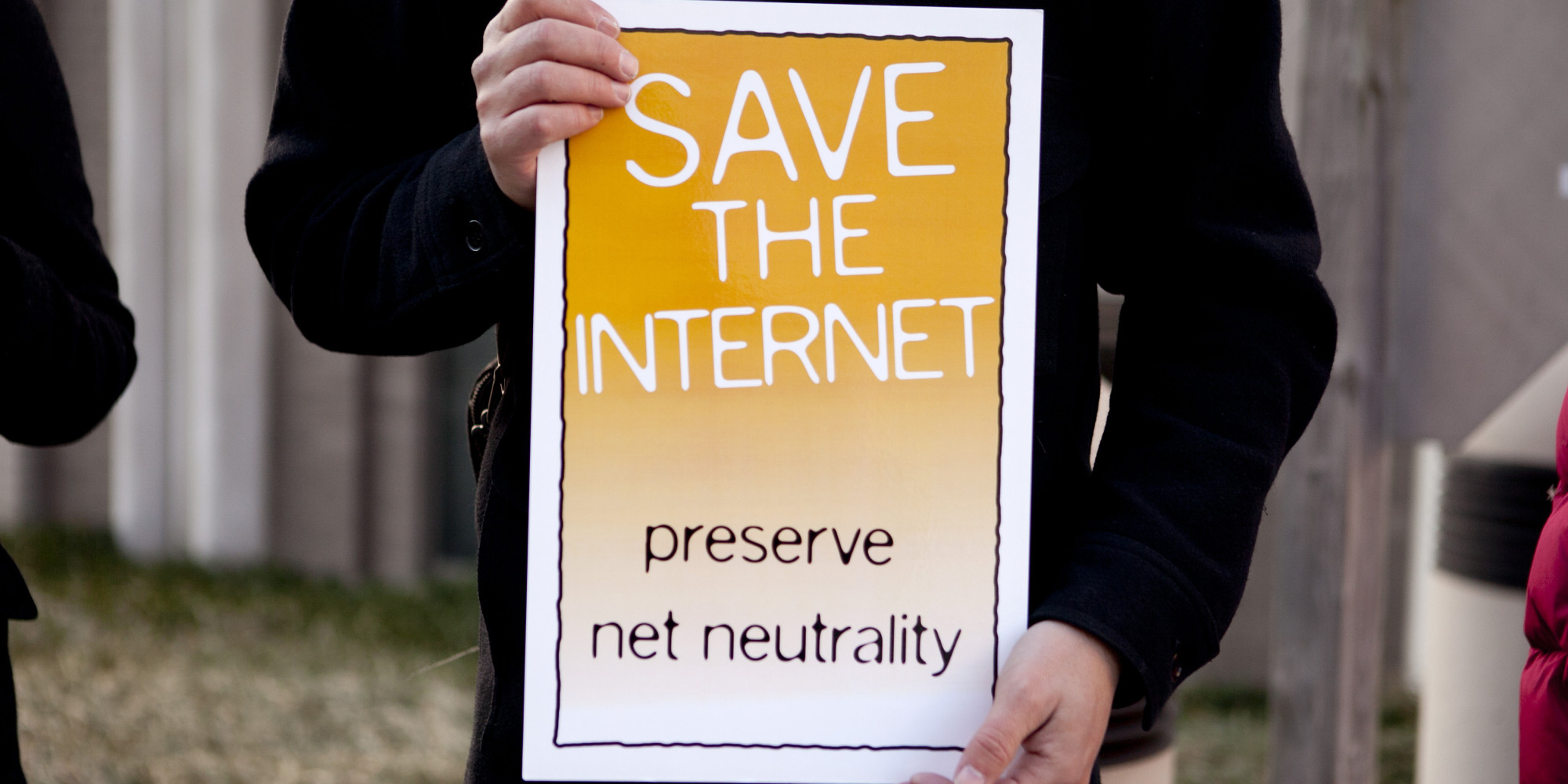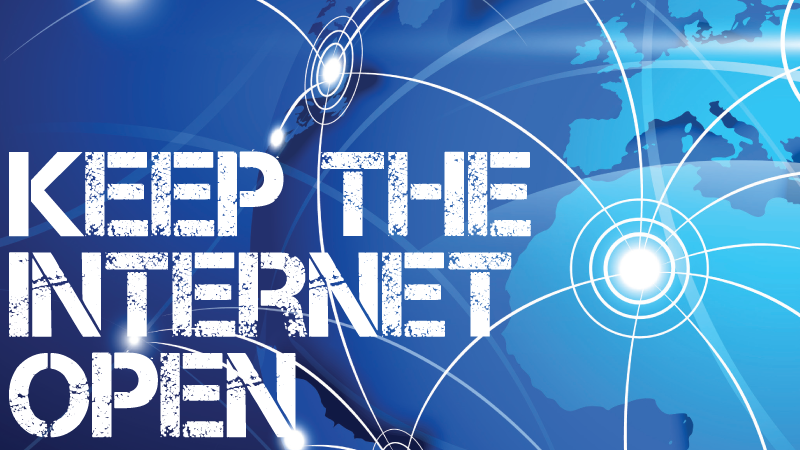
TRAI Bans Differential Pricing; Stands Up For Net Neutrality
Putting an end to the controversy over differential pricing for Internet services, the Telecom Regulatory Authority of India (TRAI) on Monday ruled that differential pricing for data services will not be allowed in the country. The move is a big blow to Facebook’s highly-controversial ‘Free Basics’ platform and Airtel’s zero-rated platform ‘Airtel Zero’.

Facebook, in collaboration with Reliance in India, planned to offer ‘limited’ web services. It has launched an aggressive campaign to defend its Free Basics platform and argued that zero-rating plans can lead to increase in Internet adoption at no cost to the government, the content provider or consumers.
An overwhelming number of detailed and well reasoned responses, representing a diverse set of views were received in by TRAI during the consultation process. There were views suggesting both in support and against it. After careful examination of all the comments and feedback, the Authority has now come up with its decision.

According to TRAI, allowing service providers to charge differently for different services or data usage could “compromise the entire architecture of the internet”. Hence, it has ruled that differential pricing for data services will not be allowed in the country. In addition, TRAI has also prohibited the launch of any new data plans or vouchers. TRAI, in a statement said, “No service provider shall enter into any arrangement or contract that has the effect of discriminatory tariffs for data services”.
The TRAI added that a service provider may reduce tariff for providing emergency services or at times of any grave emergency. It remarked that the same has to be reported to authority within seven working days. It said that companies must offer data to consumers at a uniform price and those violating the latest order will be fined Rs 50,000 per day.
This is the first ever regulation from TRAI which saw record participation of 24 lakh people during the consultation round.

TRAI has issued the following mandatory regulations:
a) No service provider shall offer or charge discriminatory tariffs for data services on the basis of content.
b) No service provider shall enter into any arrangement, agreement or contract, by whatever name called, with any person, natural or legal, that has the effect of discriminatory tariffs for data services being offered or charged by the service provider for the purpose of evading the prohibition in this regulation.
c) Reduced tariff for accessing or providing emergency services, or at times of public emergency has been permitted.
d) Financial disincentives for contravention of the regulation have also been specified.
Facebook expressed disappointment at the TRAI move, saying it’s “goal with Free Basics is to bring more people online with an open, non-exclusive and free platform”. Facebook claimed that the number of comments in support of Free Basics to be more than 1.35 crore as against TRAI’s official figure of around 24 lakh.
Twitter is already abuzz with the victorious verdict. See how the twiterati reacted:
This is a big win for Indian consumers & #NetNeutrality. congratulations #TRAI and @rssharma3 for standing up fr consumers! #SaveTheInternet
— Rajeev Chandrasekhar (@rajeev_mp) February 8, 2016
We won! #SaveTheInternet is now #SavedTheInternet.
— Kiran Jonnalagadda (@jackerhack) February 8, 2016
World’s biggest democracy bans zero rating. Bravo India! #savetheinternet #freebasics pic.twitter.com/ifS0hqUgR0
— Renata Avila (@avilarenata) February 8, 2016
Well done India! passes strong #netneutrality rules, stands up for open Web. See @webfoundation -> https://t.co/CvahcQYNtd #savetheinternet
— Tim Berners-Lee (@timberners_lee) February 8, 2016
Does @facebook understand how tone deaf they look by breaking the net neutrality that allowed the creation of FB? https://t.co/LcmkhXh1K0
— jason (@Jason) February 8, 2016
Here is the complete TRAI release:
Differential pricing means, different prices for different content (apps), which violates net neutrality. Differential pricing won’t just change the way we’ve always used Internet, but blatantly unfair and discriminating.
Congratulations! We ‘Saved The Internet’ 🙂